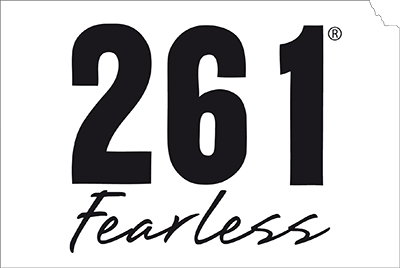When it comes to running, having a plan will:
- Help you stay motivated. Crossing off each run gives you massive satisfaction
- Reduce your injury risk. Slowly building up your miles will help prevent common running injuries such as ITB syndrome and shin splints
- Reduce stress because you’ll feel more in control. You know what’s coming up and can plan ahead to make the run/life balance work for you
- Reduce fatigue. It’s easy to get carried away and bank too many miles too early. It’s an easy mistake to make. To stay well and keep your energy levels up you need to pace yourself
- Let others know what they can expect of you. Sharing your plan with family lets them know your priorities and schedule so they can offer support
- Make you feel well prepared for race day. Slowly increasing your miles, building your strength and stamina and then making time for a taper will give you the best chance of performing your best and enjoying the day
However, you do need to make sure that the plan you choose is the right one for you. Embarking on the wrong plan will ultimately lead to failure and disappointment and no one wants that!
A good training plan will:
- Start at the right level. Be honest about where you are in your running. Even if you’ve run a particular distance before, if you’ve been out of action for a bit or really just not managing to run then you might want to start back on a beginner program. Similarly, don’t start on one that’s too easy for you as you risk feeling under challenged and bored
- Fit your objectives. You might be aiming for a personal best or you might be aiming just to get round; whatever your target your plan should work towards your goal
- Explain the sessions. If your plan includes Kenyan hills, tempo runs and threshold pace and you don’t know what they are, then find one that gives you instruction about each type of session and what you’re aiming for.
- Be realistic. Look at how much time you have to give and realistically how many times a week you can run. There’s no point in choosing a plan that includes running on six days a week if you know you can only manage three. It has to fit with your life
- Be flexible. Some plans are so rigid that there’s no scope to change things around or cut back if you’re tired or injured. Find one that you can juggle around if you need to
- Include enough rest. This is crucial to stop you getting ill or injured. Every fourth week or so there should be an easier week when the miles are shorter and less intense. There also needs to be enough rest days during the week – a minimum of two. Your body adapts to your training load when it rests
- Include strength and conditioning. Running is not just about running! You need to make sure your core, joints and muscles are ready for the challenge. You plan should include strength and conditioning sessions on at least one day a week (preferably two) and a session of cross-training such as swimming or cycling is a good idea too
- Work for you. We’re all individuals, what works for one of us will fail miserably for someone else. Don’t try to fit around someone else’s plan. Choose your own.
Experienced runners may feel comfortable devising their own plan but there are plenty to choose from. My favorite are the Women’s Running UK ones and I’ve included the link below. What plans do you like and use?



